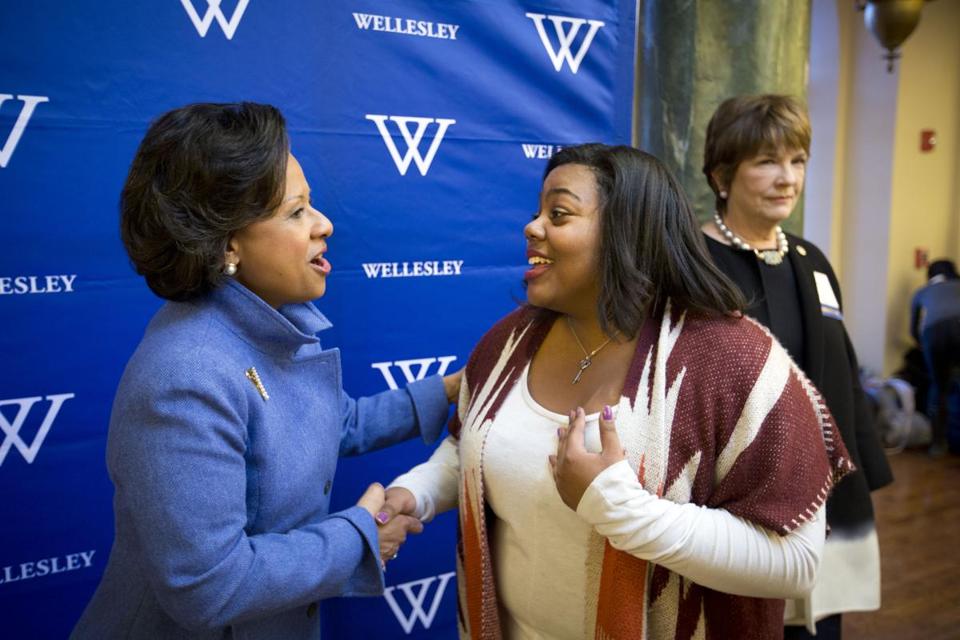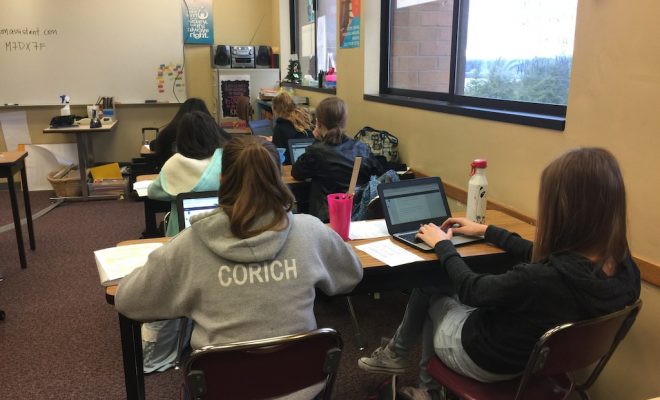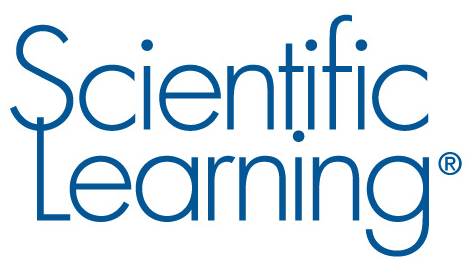Who Can Lead in Constructivism?

Leadership represents a possible set of actions for everyone in the school community, and anyone can lead. Constructivism calls for “participantship” because it is through full participation that acts of leadership are done. Intervention and re-intervention help in the building of realities, especially when staff-members emerge into the leadership arena. It is essential that the participation processes form the basis of creating meaning and understanding to gain commitment from followers.
While it may not be fitting that students, teachers, parents, and administrators are leaders according to the old adage “too many cooks spoil the broth,” new paradigms of leadership are making a different “broth.” This is because the patterns of relationships in this new “broth” breed synergy, creating rich possibilities that exist outside traditional lines of authority, roles, norms, rules, and policies. In summary, constructivist leadership provides a system of meaning making for leadership actions.
While the kinds of educational communities described above are quite rare, the knowledge, understandings, and practices suggested are not unique. This is because many learning centers, networks, projects, and partnerships already function on notions of give-and-take, community, and purpose. Schools are beginning to focus more on student outcomes and cooperation. However, some researchers have questioned constructivist leadership and have dismissed it as “community work,” restructuring, or re-culturing.
The case for constructivist leadership is that these noble conceptions are isolated and fragmented. While these processes are happening, there is something missing that can act as glue, integration, or unity of spirit. Constructivist leadership entails interactive processes that enable participants in the school to build meanings that lead toward a common purpose of schooling.
The Case for a Constructivist Approach
The question remains as to what roles leaders, teachers, and researchers should play in translating reform policies into the reality of best practices within school cultures. A constructivist approach to teacher leadership argues that teachers need to be allowed to develop their ability to use reciprocity in problem-solving through collaborative inquiry. The approach promotes the development of teachers’ use of reciprocity in thinking, solving problems, and engaging in action research in their schools.
The purpose of this approach is to track the thinking of teachers about collaboration and inquiry as they participate in inquiry-based learning. This kind of learning describes a wide range of curricular, philosophical, and educational approaches to teaching. Its most profound requirement is that learning should be based around student questions. Collaborative learning is another term under constructivist leadership in education that involves joint intellectual effort among students and their teachers. It also refers to the methods and environments in which learners engage in common tasks and dialogue within a sustained community of inquirers, and the way they impact reciprocity in teachers’ thinking.
Current policies guiding educational reform on a national level reflect the tendency to oversimplify the change process by emphasizing large-scale uniform mandates instead of supporting ongoing and locally responsive research that encourages professional teacher development and teacher-driven inquiry. Leaders have to realize that change is not a linear top-down process; instead they need a more realistic understanding of change as a complex process.
Constructivism teaches that change occurs by creating the right conditions for stakeholders to engage in talk and collaborative inquiry, and allowing them to develop the capacity to use their own ideas to create locally transformative solutions to problems. In the reform process in education, school leaders need to move beyond top-down, quick-fix, or one-size-fits-all models of reform. If meaningful reforms are to happen, specific questions by teacher leaders need to be engaged in the complex process of developing effective teaching practices to bring about change.
If challenging the system is to become part of school culture, a theoretical approach that embraces constructivist premises needs to be applied to teacher leadership , to offer a promising framework for the development of school communities where dialogue and questioning thrive. This will transform the thinking among individuals to form a collective school culture. Engaging teachers in ongoing professional development involving a shared vision, dialogue, collaboration, specific questions, and shared learning for a common goal, develops the capacity and passion for the growth of sustainable change.




